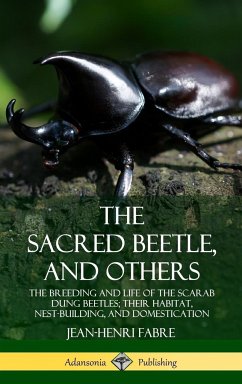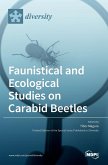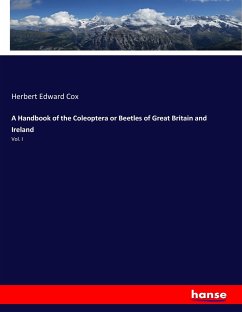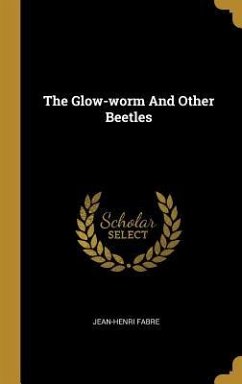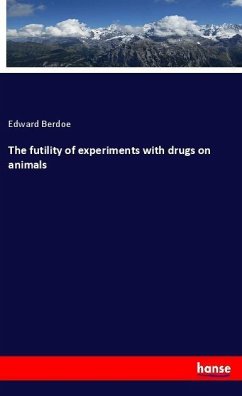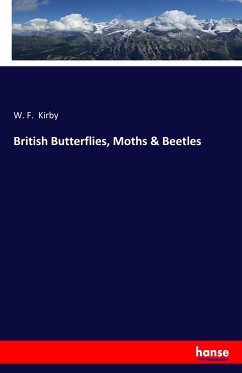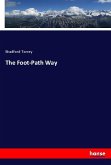Jean-Henri Fabre was a famous French entomologist whose observations of insects were praised - this examination of various beetles is characteristic of his meticulous yet engrossing descriptions. Fabre's greatest talent was rooted in his genuine passion for entomology; a natural ability to observe the quirks and habits of small creatures, and describe them to others in a plain but lively way. As demonstrated in this book, he wrote about insects as if they were his friends - seeing their lives play out, it is thus that qualities of biography are found alongside the scientific value of this work. In life, Fabre met with backlash for his unique style - formal schools, whom he in turn criticized for dryness of tutoring - considered his books long-winded, or even frivolous. Nevertheless he managed to connect atmospheric pressure to the behavior of certain insects, while contemporaries such as Charles Darwin held Fabre in high esteem, to the point of finding his studies inspirational.
Bitte wählen Sie Ihr Anliegen aus.
Rechnungen
Retourenschein anfordern
Bestellstatus
Storno

